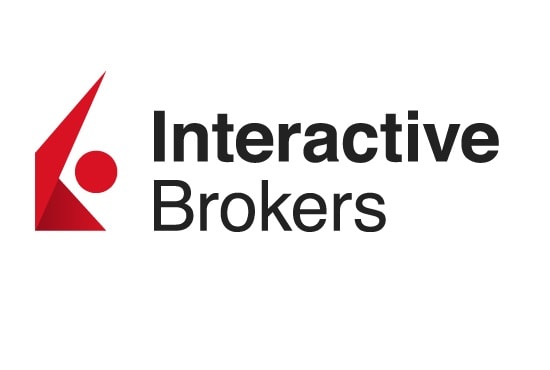| ||
|---|---|---|
J.P. Morgan Self Directed Investing | Vanguard | |
Monthly Fee | $0
$0 online commission on U.S. listed stocks and ETFs and $0.65 per-contract | Up to 0.30%
$0 online commission on U.S. listed stocks, mutual funds and ETFs, options: $0.65 per-contract, Vanguard Digital Advisor – 0.015%, Vanguard Personal Advisor: 0.03%, Vanguard Personal Advisor Select: up to 0.03%, Vanguard Wealth Management: up to 0.03% |
Account Types | Brokerage, Retirement, Wealth Management | Brokerage, Retirement, Wealth Management |
Savings APY | 0.01% – 3.99% | 3.65% |
Minimum Deposit | $0 | $0 – $5M
Vanguard Brokerage: $0,
Vanguard Digital Advisor: $100,
Vanguard Personal Advisor: $50,000,
Vanguard Personal Advisor Select: $500,000,
Vanguard Wealth Management: $5M |
Best For | Existing Chase Customers, Active Investors Looking To Minimize Fees | Long Term Investors, Retirement, Robo Advisor, Wealth Management |
Read Review | Read Review |
JP Morgan vs. Vanguard: Compare Features
Vanguard excels in long-term, low-cost investing with a focus on diversified funds, offering a wide range of retirement accounts, automated investing through its Digital Advisor, and cash management options with competitive yields.
However, its platform is basic, with limited trading tools and no fractional shares for non-Vanguard products.
Vanguard | JPM Self-Directed Investing | |
|---|---|---|
Investing Options | Full Access To Almost Any Asset | 800 stocks and ETFs, 8,000+ mutual funds |
Investing Types | Stocks, Options, ETFs, Bonds & CDs, Mutual Funds, Money Market Funds | Stocks, Options, ETFs, Fixed Income, Mutual Funds |
Automated Investing | Yes | No |
Paper Trading | No | No |
IPO Access | No | No |
Dedicated Advisor | Yes | No |
Tax Loss Harvesting | Yes | No |
JPM Self-Directed Investing shines in its seamless integration with Chase banking and commission-free trading for a wide range of assets, including fractional shares with more flexible trading approach.
However, it lacks automated investing options and has a lower sweep account rate.
-
Self Investing And Fundamental Analysis Options
Vanguard is our winner in self-investing due to its large variety of assets and options for investors.
Vanguard excels at providing a long-term investment platform, focusing on low-cost funds and a wide variety of ETFs, mutual funds, and retirement products.
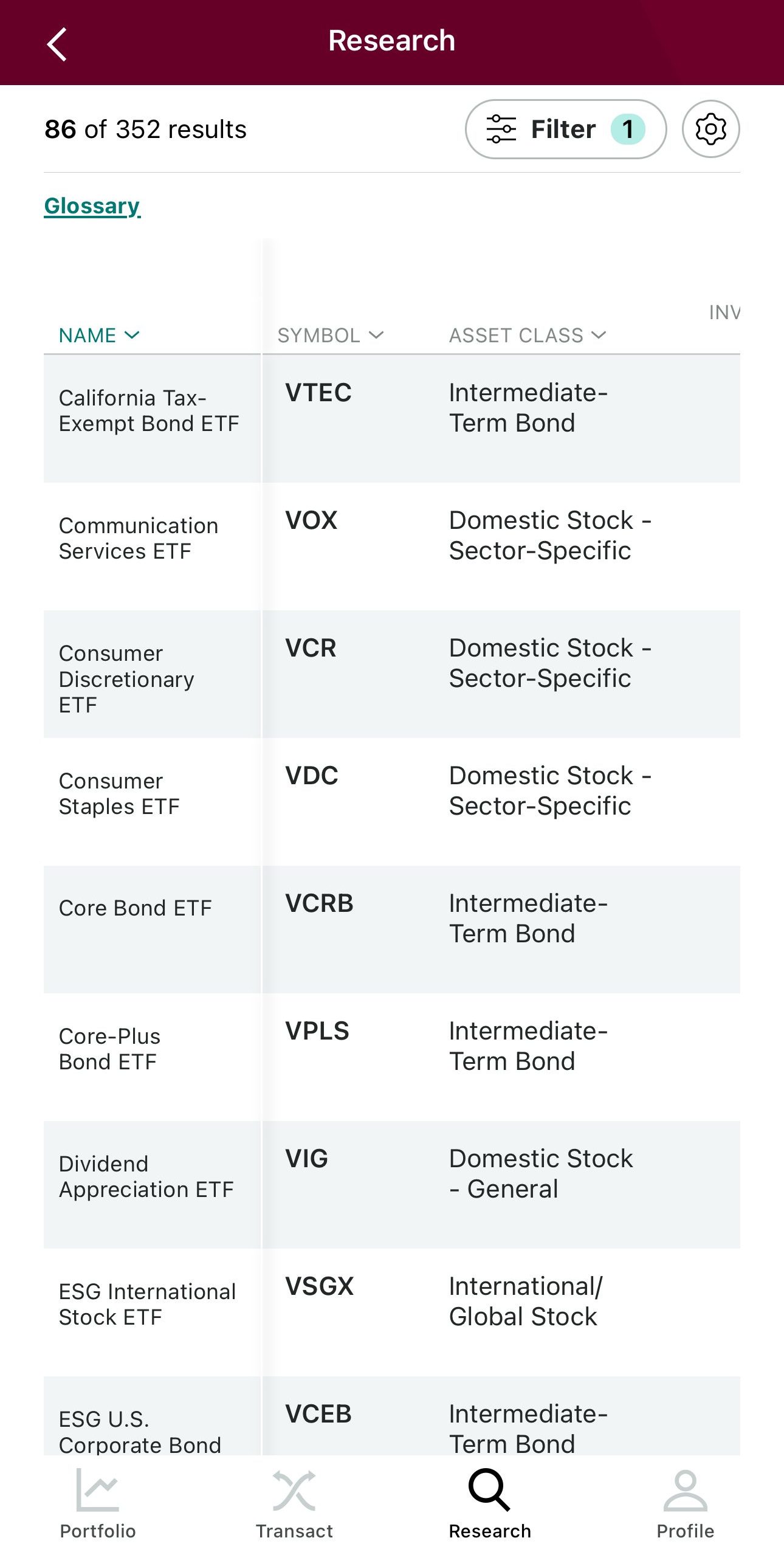
It is particularly strong in offering tools like Portfolio Watch and Portfolio Tester, which allow investors to monitor their portfolio's performance, make hypothetical changes, and ensure diversification.

On the other hand, JPM Self-Directed Investing provides a diverse selection of stocks, ETFs, mutual funds, and options, and includes fractional shares, making it accessible for investors at various levels. Also, JPM’s platform surpasses Vanguard in terms of third-party research and market alerts.
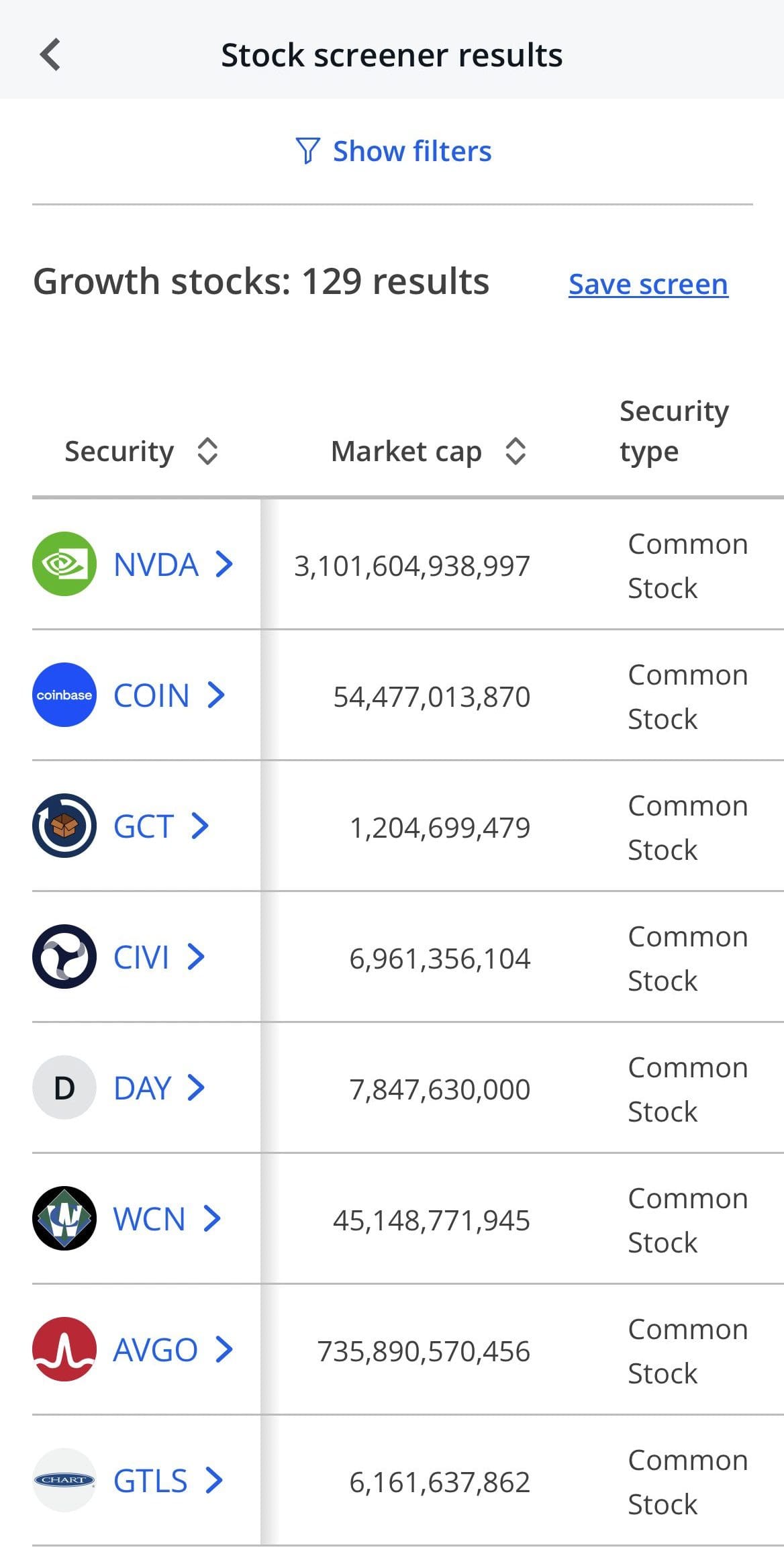
-
Trading Options And Technical Analysis Tools
JPM Self-Directed Investing is our winner when it comes to trading tools. It's not the best in the market, but it's good enough for the average trader.
While Vanguard is tailored towards long-term investors, focusing on low-cost funds and simple trading options, its trading platform is quite basic, with limited technical analysis tools.
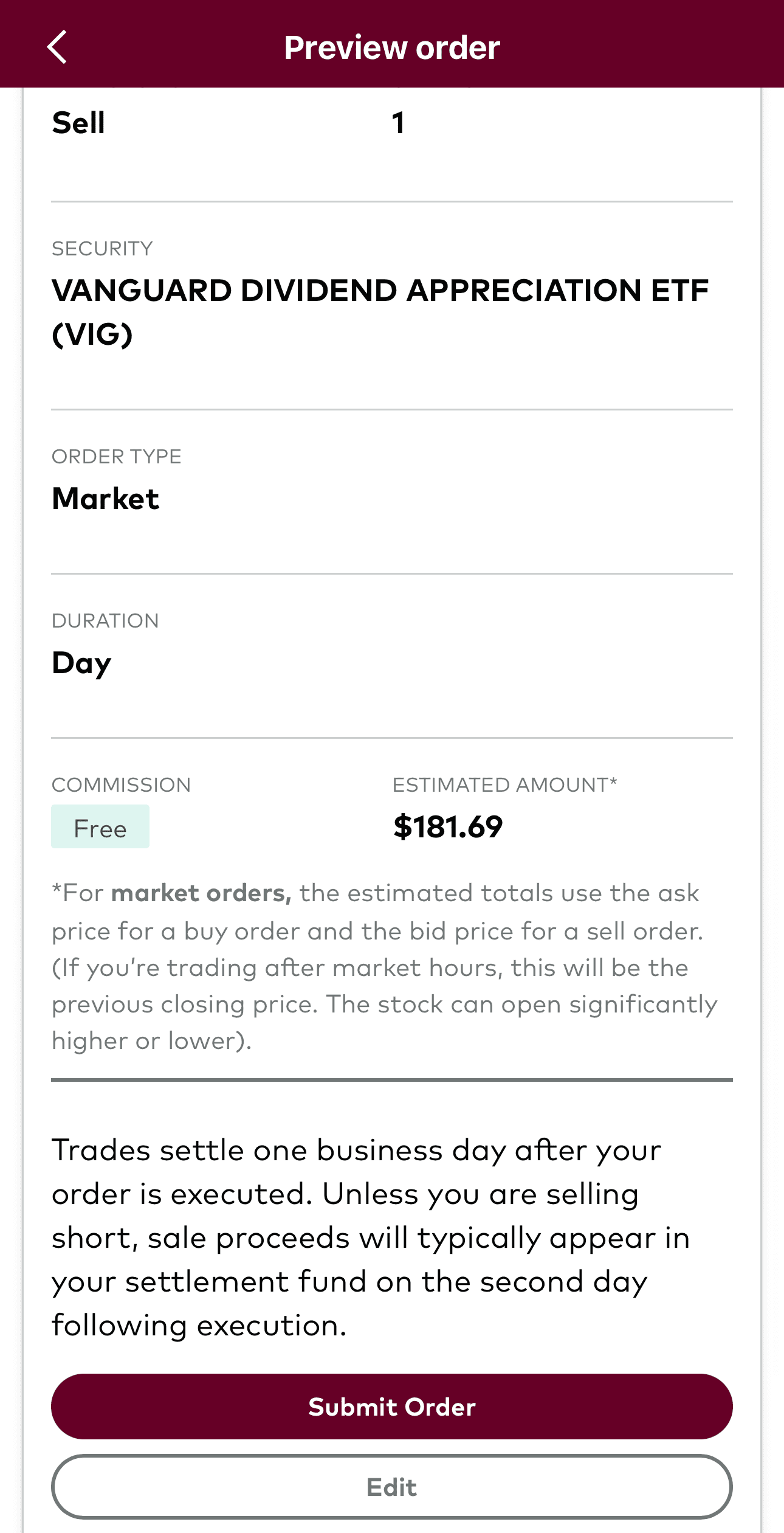
It doesn’t provide advanced charting, market indicators, or other features needed for in-depth analysis, which can be a drawback for active traders.
While JPM’s technical analysis tools aren’t on par with specialized trading platforms, they still surpass Vanguard’s offerings, offers a broader range of trading options and a slightly more advanced trading platform.
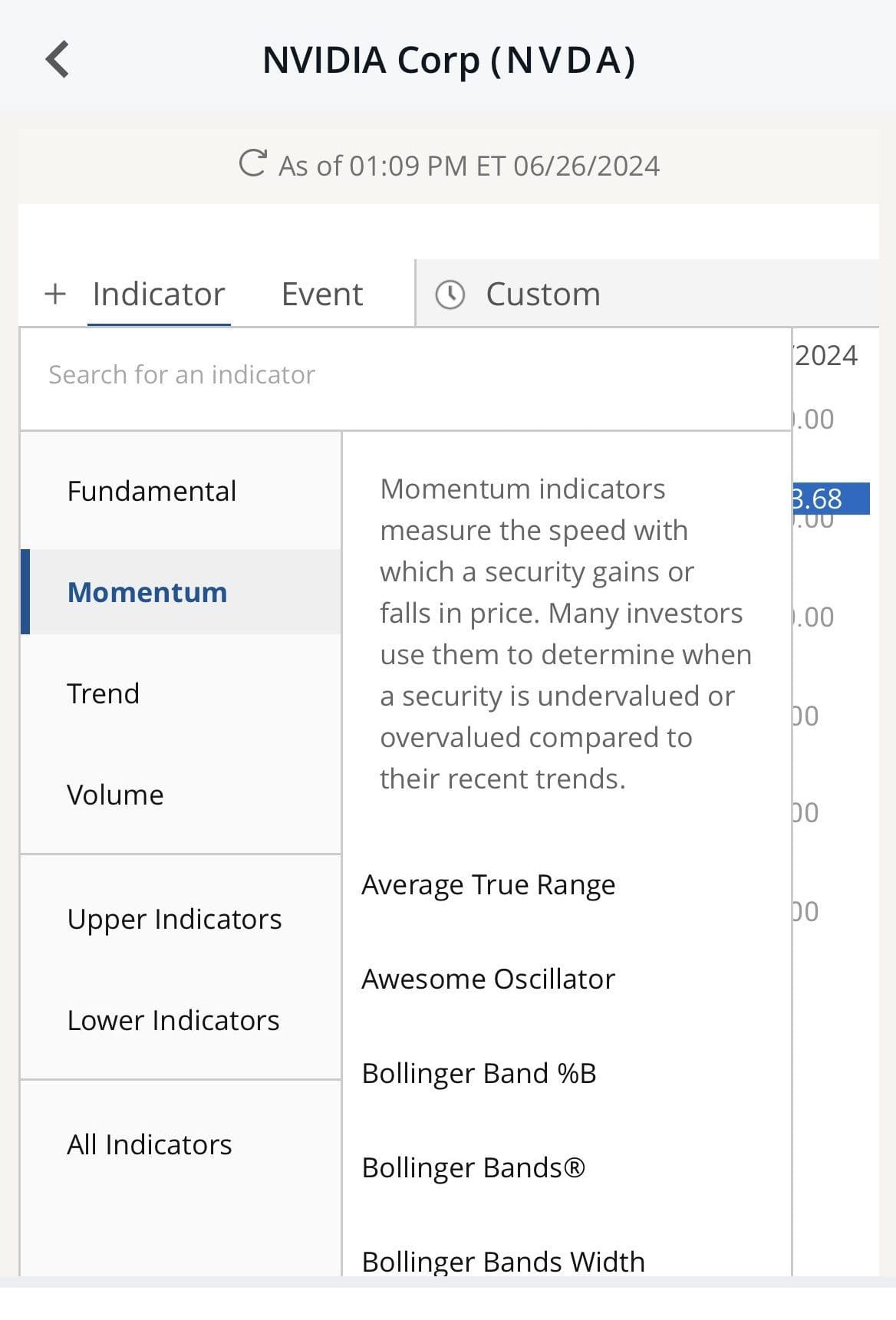
Traders can pick up hundreds of parameters to compare – including momentum, trend and vcolume analysis. Also, there are upper and lower indicators traders can use to suppor their decisions.

-
Robo Advisor And Automated Investing
Vanguard stands out with its Digital Advisor, a robust robo-advisor that provides a comprehensive investment strategy based on an individual’s risk profile.
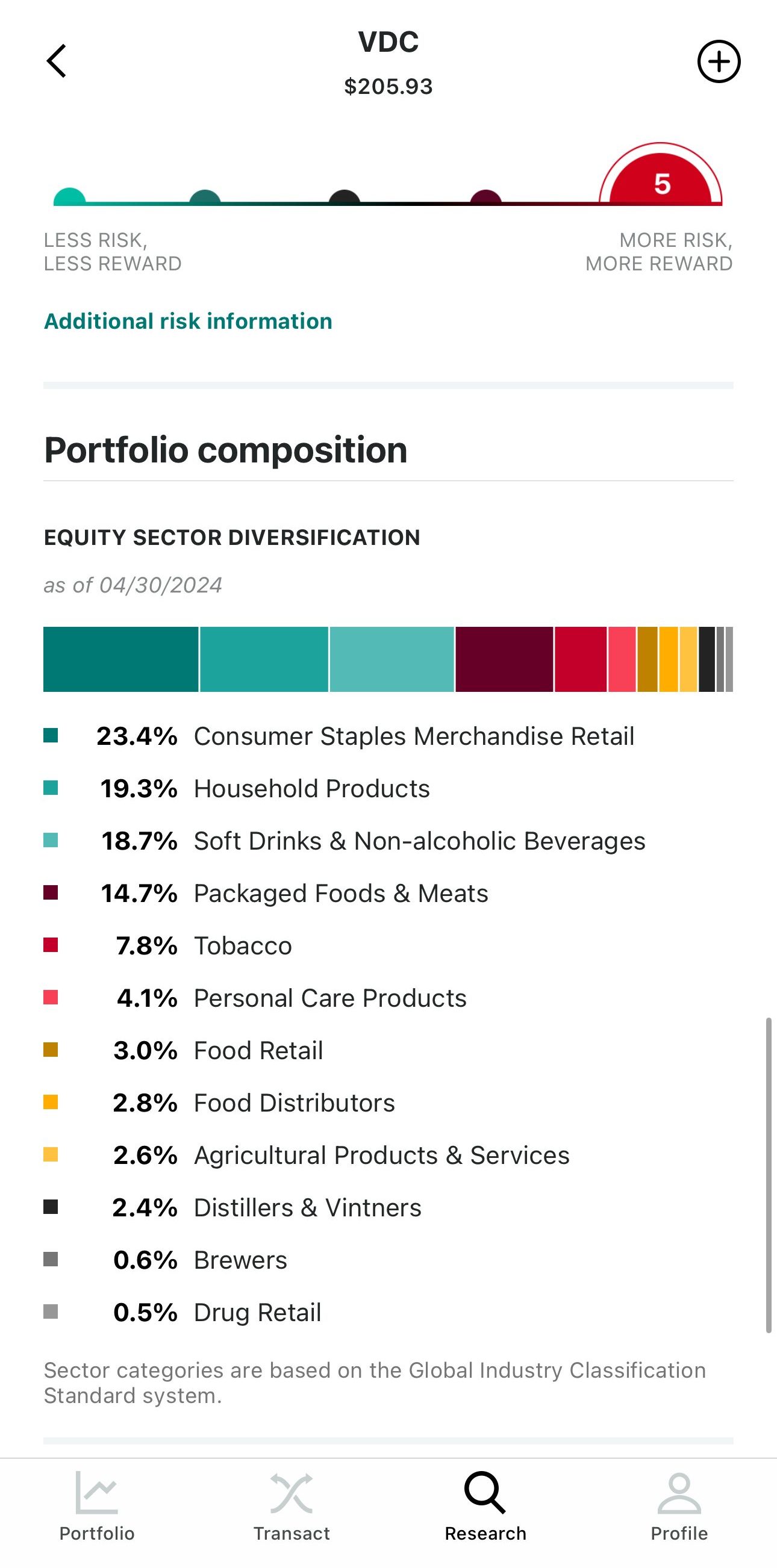
Vanguard also offers a Personal Advisor service, combining robo-advisor technology with professional financial guidance, ideal for those wanting personalized support while still benefiting from automated portfolio management.
-
Retirement Accounts
Vanguard offers a more sophisticated array of investment options within its retirement accounts.
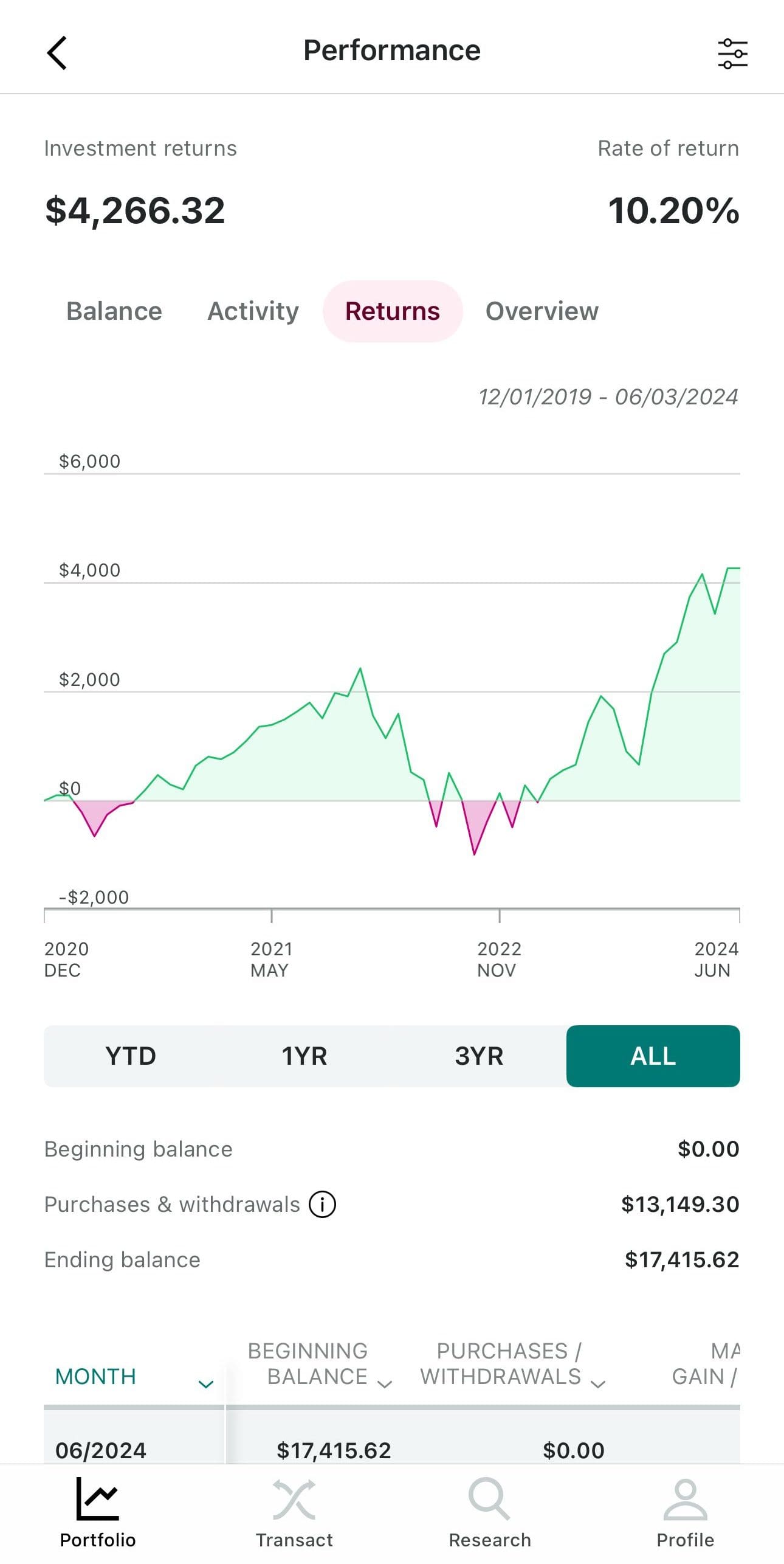
Vanguard is known for its extensive range of retirement products, including traditional and Roth IRAs, SEP IRAs, and SIMPLE IRAs. Its focus on low-cost index funds and target-date funds makes it ideal for long-term retirement planning.
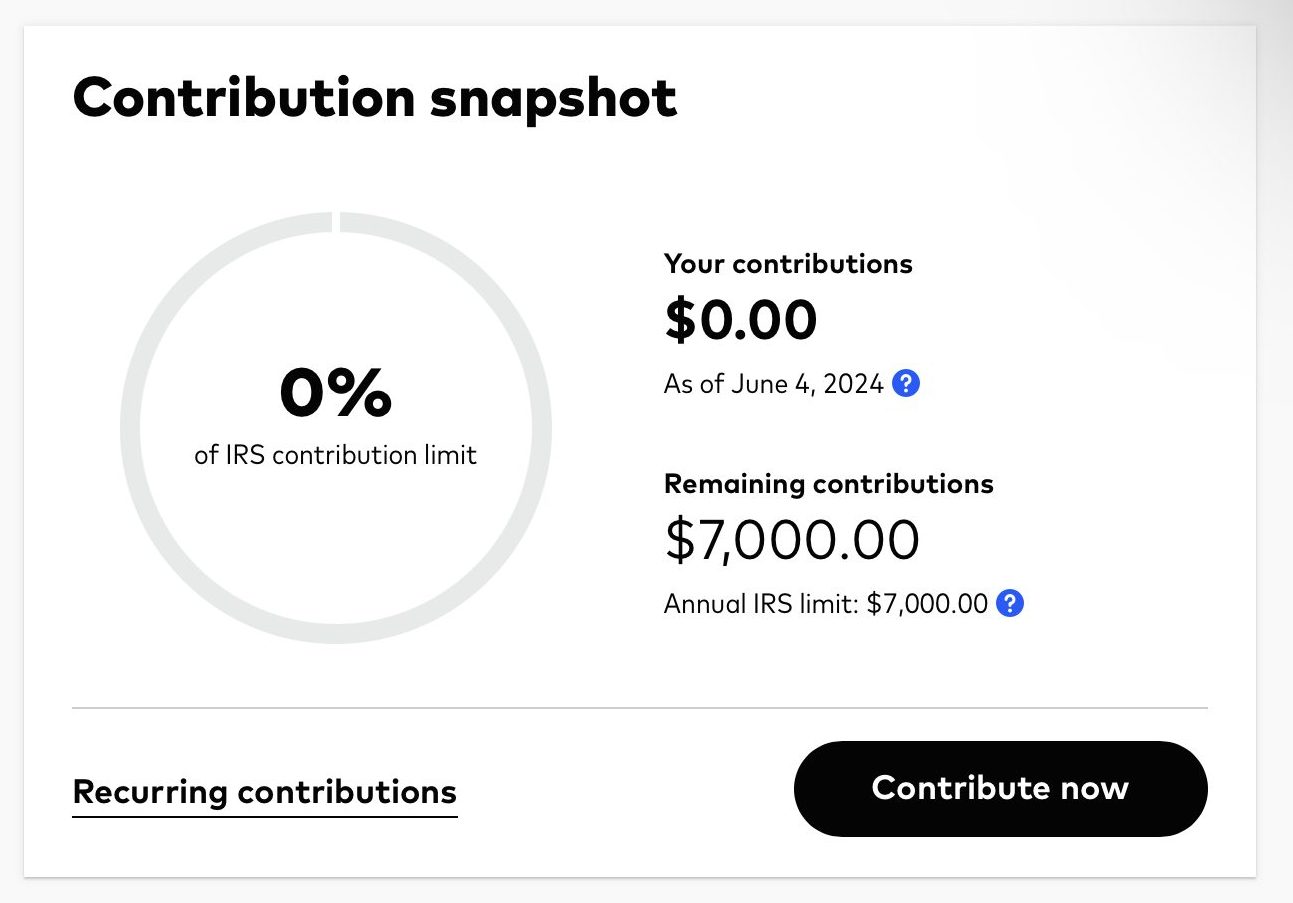
Also, Vanguard provides a suite of retirement planning tools and calculators, helping investors set goals, estimate expenses, and track IRA contributions.
JPM Self-Directed Investing, on the other hand, focuses on simplicity by offering only traditional and Roth IRAs.
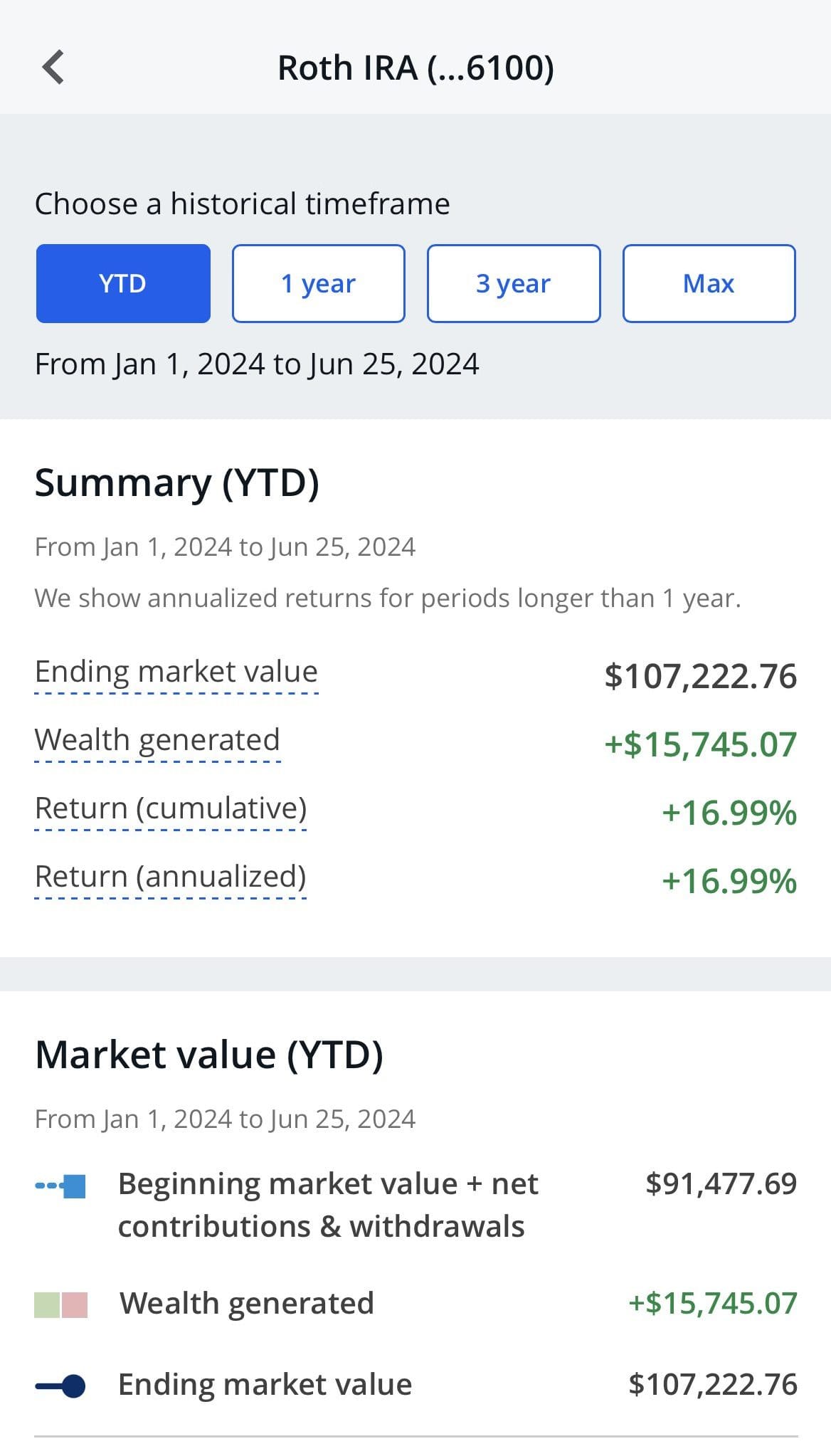
While the range is not as extensive as Vanguard’s, JPM makes up for it with an easy-to-use platform and the ability to trade a variety of assets, including stocks, ETFs, mutual funds, and options, without commission fees.
-
Fees
When it comes to fees, both platforms offer similar conditions.
Vanguard charges up to 0.30% for account management, with $0 commissions on U.S. stocks, mutual funds, and ETFs.
Its options trading fee is $0.65 per contract, and its advisory services range from 0.015% to 0.03%, depending on the service level.
Vanguard | JPM Self-Directed Investing | |
|---|---|---|
Fees | Up to 0.30%
$0 online commission on U.S. listed stocks, mutual funds and ETFs, options: $0.65 per-contract, Vanguard Digital Advisor – 0.015%, Vanguard Personal Advisor: 0.03%, Vanguard Personal Advisor Select: up to 0.03%, Vanguard Wealth Management: up to 0.03% | $0
$0 online commission on U.S. listed stocks and ETFs and $0.65 per-contract |
JPM Self-Directed Investing also offers $0 commissions for U.S. stocks and ETFs, with the same $0.65 per contract for options.
-
Cash Management And Savings Rates
Vanguard is our winner if you are looking for cash management.
Vanguard | JPM Self-Directed Cash APY | |
|---|---|---|
Savings APY | 3.65% | 0.01% – 3.99% |
Vanguard provides its Cash Plus Account, a cash management account with 3.65% APY on investors cash balance. The , investors can choose from a selection of money market funds for potentially higher returns, though these require a $3,000 minimum investment.
JPM Self-Directed Investing, on the other hand, shines when it comes to seamless integration with Chase banking services.
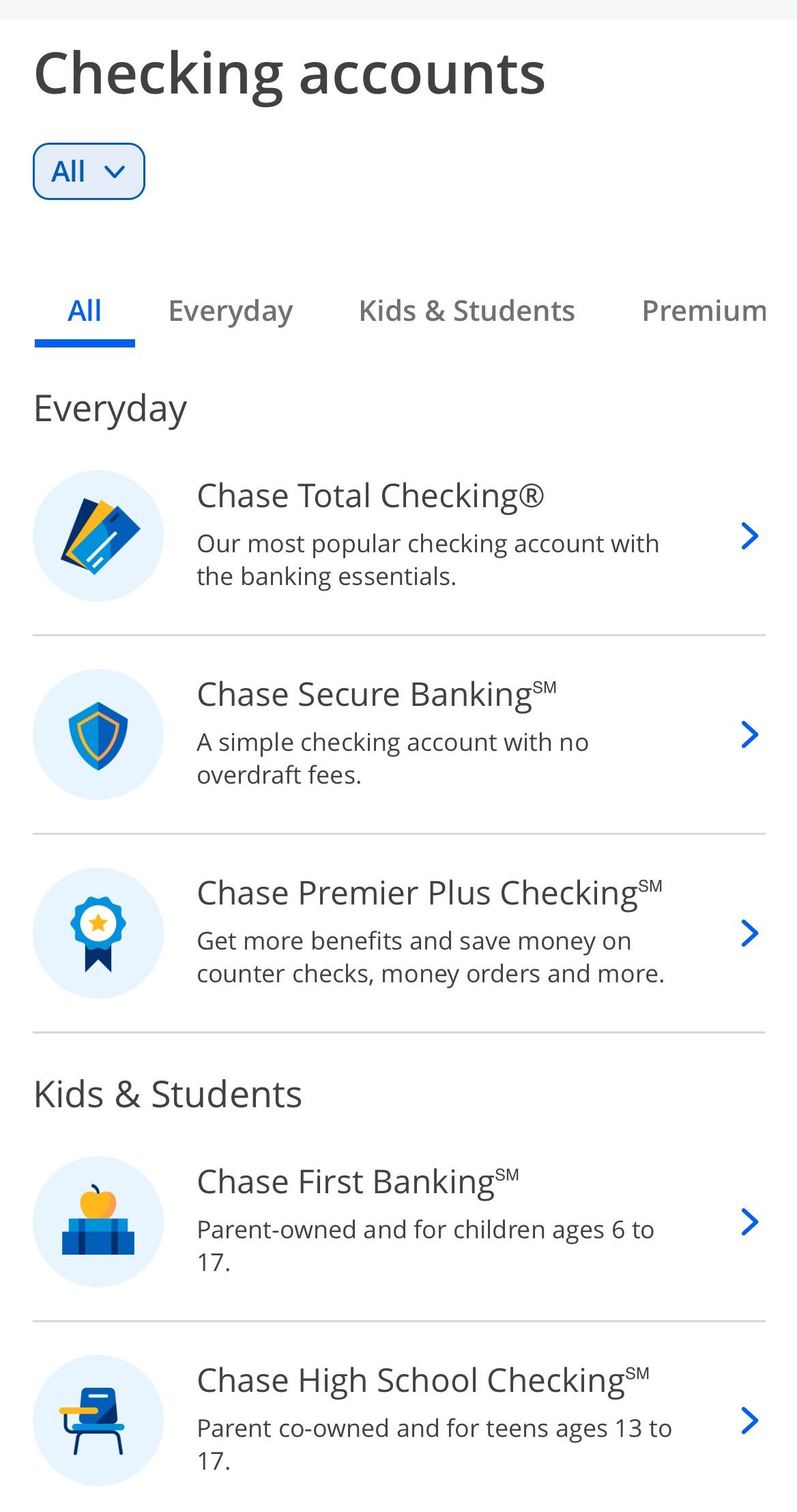
If you’re an existing Chase customer, you can easily link your accounts, making it convenient to move money between your bank accounts and your investment portfolio. However, JPM offers low rate for uninvested cash.
-
Wealth Management Options
JPM is our winner when it comes to wealth management.
Vanguard’s Wealth Management services are designed for investors with a minimum of $5 million in assets, focusing on long-term financial planning, investment management, and estate planning.
Vanguard uses a combination of robo-advisors and certified financial planners to provide personalized strategies, including tax-efficient investing and estate planning.
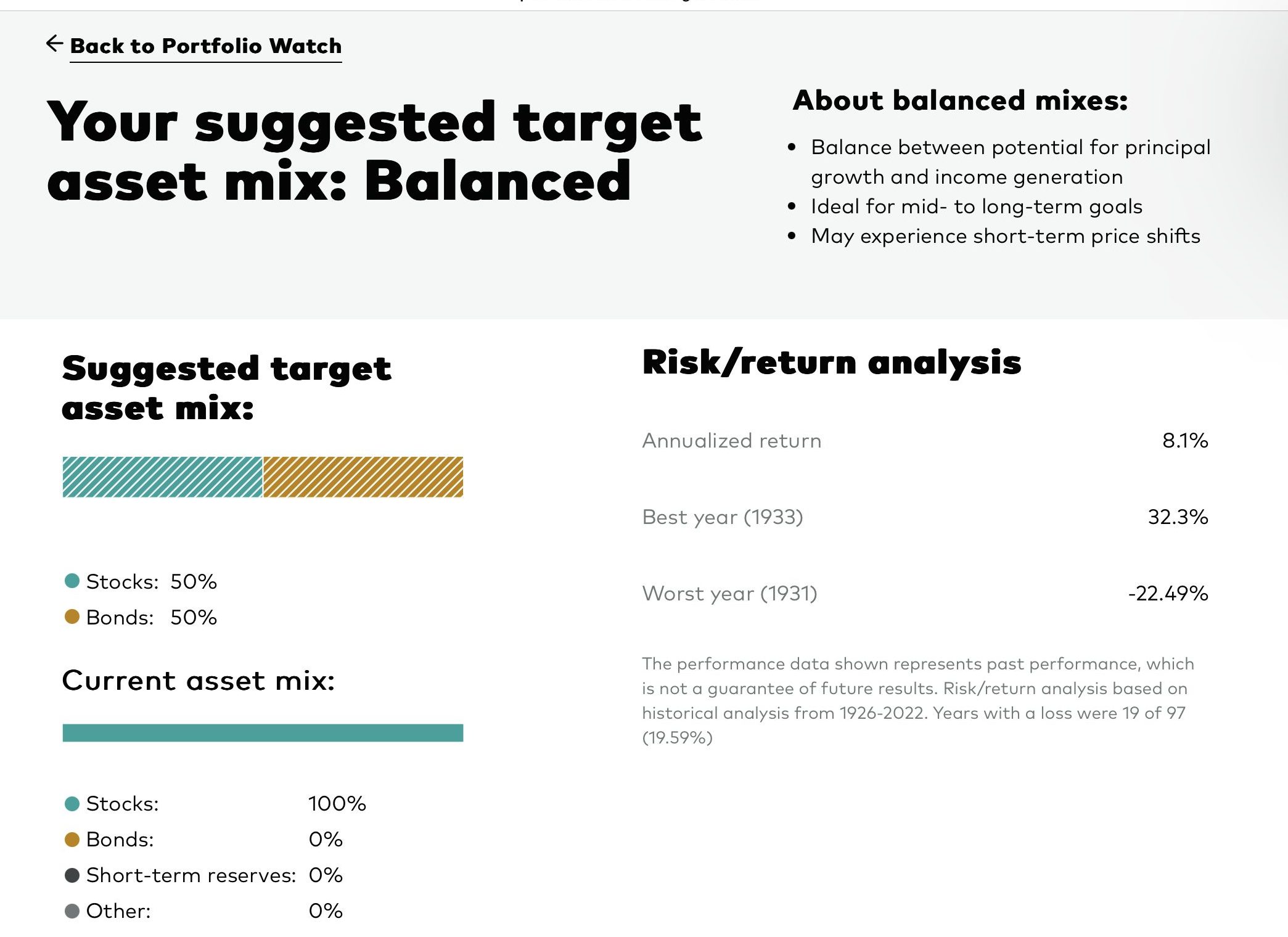
JPMorgan Wealth Management, on the other hand, offers a more tailored and comprehensive service. While it also targets high-net-worth individuals, JPM excels in providing highly personalized, face-to-face advisory services.
Clients have access to a broad range of investment options, including private banking services, and sophisticated strategies like hedge funds and private equity.

Bottom Line
Overall, Vanguard offers a better approach for serious investors who would like to be opened to a variety of assets and options, including retirement, or take a hands-off approach with its robo advisor.
JP Morgan's self-directed investing, on the other hand, is better for beginners and advanced traders who want to leverage its technical indicators tools.
Vanguard vs. Competitors: How Does It Stack Up?
While Vanguard appeals to buy-and-hold investors, Schwab’s platform is designed for those who want to engage actively with the market
Vanguard is our pick for long-term investors, wealth management, or retirement, while E-Trade may be better for traders active investors
Vanguard may be a better option for value, long-term investors, while Merrill offers better trading options. Here's a side-by-side comparison
Vanguard vs. Merrill Edge: Which Brokerage is Right for You?
Vanguard provides more options for investors, while Interactive Brokers offers superior technical tools for active traders
Vanguard vs. Interactive Brokers: Which Brokerage is Right for You?
Vanguard offers more options for investors, including retirement, robo advisors, and wealth management, while Robinhood is best for traders.
Fidelity is our choice due to its better retirement options and more extensive trading app. But, the differences are insignificant.
How J.P. Morgan Self Directed Compares to Other Online Brokers
Both offer similar tools for the average investor or trader, but Merrill is better at automated investing. Here's our full comparison:
J.P. Morgan Self-Directed Investing vs. Merrill Edge: Compare Brokerage Accounts
If you're an experienced investor or trader, IBKR may be a better option. If you're a Chase customer or prefer simplicity, consider JP Morgan.
Interactive Brokers vs. J.P. Morgan Self-Directed Investing: Which Broker Wins?
Schwab surpasses JPM self-directed in most categories, including self-directed investing, robo advisory, and technical analysis.
Schwab vs. J.P. Morgan Self-Directed: Which Brokerage Is Best?
JP Morgan is best for the average investor seeking a simple platform or wealth management, but E-Trade is our overall winner. Here's why.
J.P. Morgan Self-Directed Investing vs. E-Trade: Which Broker Wins?
Fidelity is our winner due to its investment options, research tools, advanced trading features, and excellent retirement planning services.
J.P. Morgan Self-Directed Investing vs. Fidelity : A Side-by-Side Comparison
JP Morgan wins when it comes to fundamental investing tools, but Robinhood is better for technical analysis and trading. Here's why:
J.P. Morgan Self-Directed Investing vs. Robinhood: Compare Brokerage Accounts



